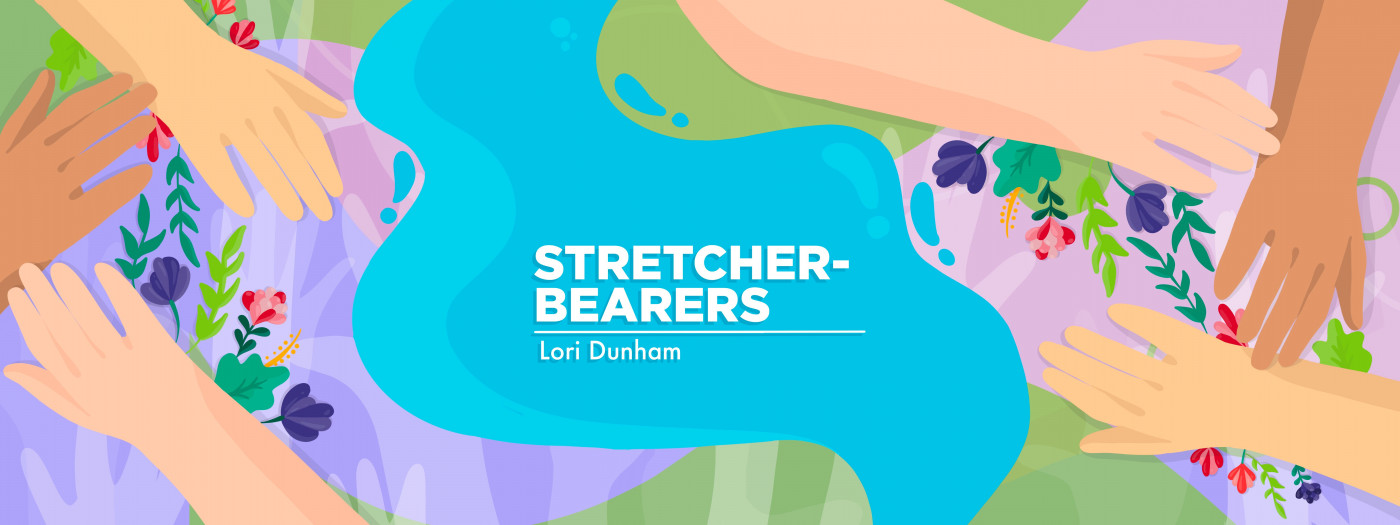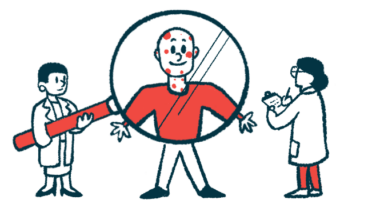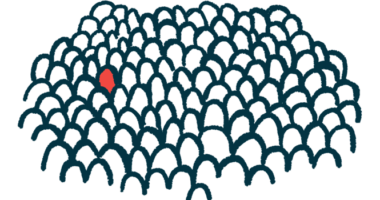The Heroes Living Among Us

I have been surrounded by heroes much of my life. For the past 23 years, I traveled the world alongside my husband as he served in the U.S. Navy. I have been on flag-draped streets welcoming shiploads of sailors back to American shores. My 5-year-old son and I have held hands in the dead of night as we sent my husband off on a bus loaded down with Marines headed to Iraq. I have seen the strength of the families left behind as they wait for word on whether it was their loved one killed in action. We’ve watched grown men cry at the loss of a shipmate and families kneel at their loved one’s graveside.
In all of these scenarios, heroes abound.
When you live in a military town, it’s quite easy to pick out the military members and their families. It was not uncommon for us to go out to a celebratory dinner after my husband returned from a deployment. Without our knowledge, we would find someone anonymously picking up our tab. We certainly didn’t expect this. We just happened to live in a place where the locals recognized the sacrifices their neighbors made. And it encouraged us so much!
The Navy is a great example of heroes who live among us. However, I’ve come to realize that those living with a rare disease, and those caring for them, are heroes as well.
In the military, many times heroism comes from not only physical strength, but also a willingness to lay down one’s life for another. Most have a healthy mental discipline, live with integrity in mind, and attempt to live by a certain code of conduct. I have found these traits abound among the rare disease community as well.
When the world of rare disease opened to me after the diagnosis of our daughter’s Lambert-Eaton myasthenic syndrome, I had no idea the plethora of people I would meet who exemplified true heroism.
These heroes look different from the 18-year-old Marines who were my neighbors, but they are just as strong. They may not be physically strong (although some are), but they are disciplined and mentally strong. They know sacrifice and how to fight for another day. They set goals and work hard to keep them.
In addition, the caretakers who walk beside those living with a rare disease are so often selfless. They lay down their own lives every day to serve their loved one. They expend energy they sometimes don’t have and often put the needs of most everyone else before their own.
Just yesterday, I watched a beautiful scene unfold between a blind elderly gentleman and his elderly wife. She was laden down with one bag on her back and another one behind her while pushing a wheelchair through the airport terminal. Her husband slowly shuffled to the side of her, using his walking stick. She directed each step he took so carefully and gently — there were no gruff commands or barking orders, but rather guided direction with terms of endearment peppered throughout.
To see someone so gently assist another person’s every step was genuinely remarkable. The Scripture in John 15:13 (NIV) portrays this beautifully: “Greater love has no one than this: to lay down one’s life for one’s friends.”
That is a picture of true heroism. Most of these acts within the rare disease community go unseen and are hardly ever acknowledged.
But yesterday, I remembered the day our dinner was paid for back when my husband returned home from war, and how much that encouraged us. So I went a few minutes out of my way to buy that sweet woman and her husband some treats that they were too tired to go back for before boarding the plane. When I handed them to her, her eyes lit up, and for a brief moment I saw her exhale.
Today, let’s diligently look for those heroes living among us and, if possible, bless them in an unexpected way.
Note: Lambert-Eaton News is strictly a news and information website about the disease. It does not provide medical advice, diagnosis, or treatment. This content is not intended to be a substitute for professional medical advice, diagnosis, or treatment. Always seek the advice of your physician or other qualified health provider with any questions you may have regarding a medical condition. Never disregard professional medical advice or delay in seeking it because of something you have read on this website. The opinions expressed in this column are not those of Lambert-Eaton News or its parent company, Bionews, and are intended to spark discussion about issues pertaining to Lambert-Eaton myasthenia syndrome.








Kristina Patafio
Beautiful story Lori!! And a constant reminder to all to remember others daily. I think that being part of any community is heart healthy and that we all share our info with each other and to always remember the outside as you did. Thank you for sharing we need more stories like this and thank you to your family for the sacrifices you all make to make this world a better place for all of us.
Lori Dunham
Thanks so much Kristina. I agree wholeheartedly with you, that being part of a community is heart healthy!!!! Yes!!!! You have encouraged me so much and I am so happy we can walk this road together.
Deb Rhodes
I am the mother of a victim of LEMS. It takes me time to realize how much so little help is to my son. Acts that I take for granted are so important to him. I do support our armed forces, St. Judes and our missionaries. We all need to know what our blessings are and where they come from and return whatever and whenever we can to our community and world.
Lori Dunham
Deb, I understand completely as a fellow mom to a child with LEMS. We do indeed have many blessings. It's a good thing to consciously look for those blessings.